Facts and Figures
This section contains some essential facts and figures, drawn mostly from our research page.
Malawi: basic facts
Ranked 174 out of 189 countries putting the country in the Low human development category (UNDP)
80% of the population depend on agriculture.
2/5ths of Malawi’s GDP comes from agriculture.
Population: 20 million (2020)
Main economic activities: smallholder farming, fishing
Climate: Dry season, May-October; Wet Season, November-April.
Soil erosion: Average loss of 29 tonnes of soil per hectare per year due to soil erosion (FAO estimate 2014.)
Farming numbers: ~ 2 million farmers over 185 Extension Planning Areas (EPAs)
Location of Tiyeni projects: see our project map here.
Crop yields
Converting farming practices from conventional methods to Deep Bed Farming nearly always increases crop yields significantly. On average yields, are roughly doubled, and often tripled, from one year to the next. However, when DBF is practised on heavily compacted land that was previously almost infertile, the suppressed potential of the soils is unlocked and dramatically higher yield multiples are possible, compared to previous harvests on the same plot. (See our 2018/2019 study; our 2018 Participatory Maize Yield Assessment; and our 2017 study.)
Average maize yields under conventional methods (ridge or mound farming) are around four (metric) tonnes per hectare in Malawi: Deep Bed Farming typically yields around eight tonnes. (Results vary according to slope, soil type and location.)
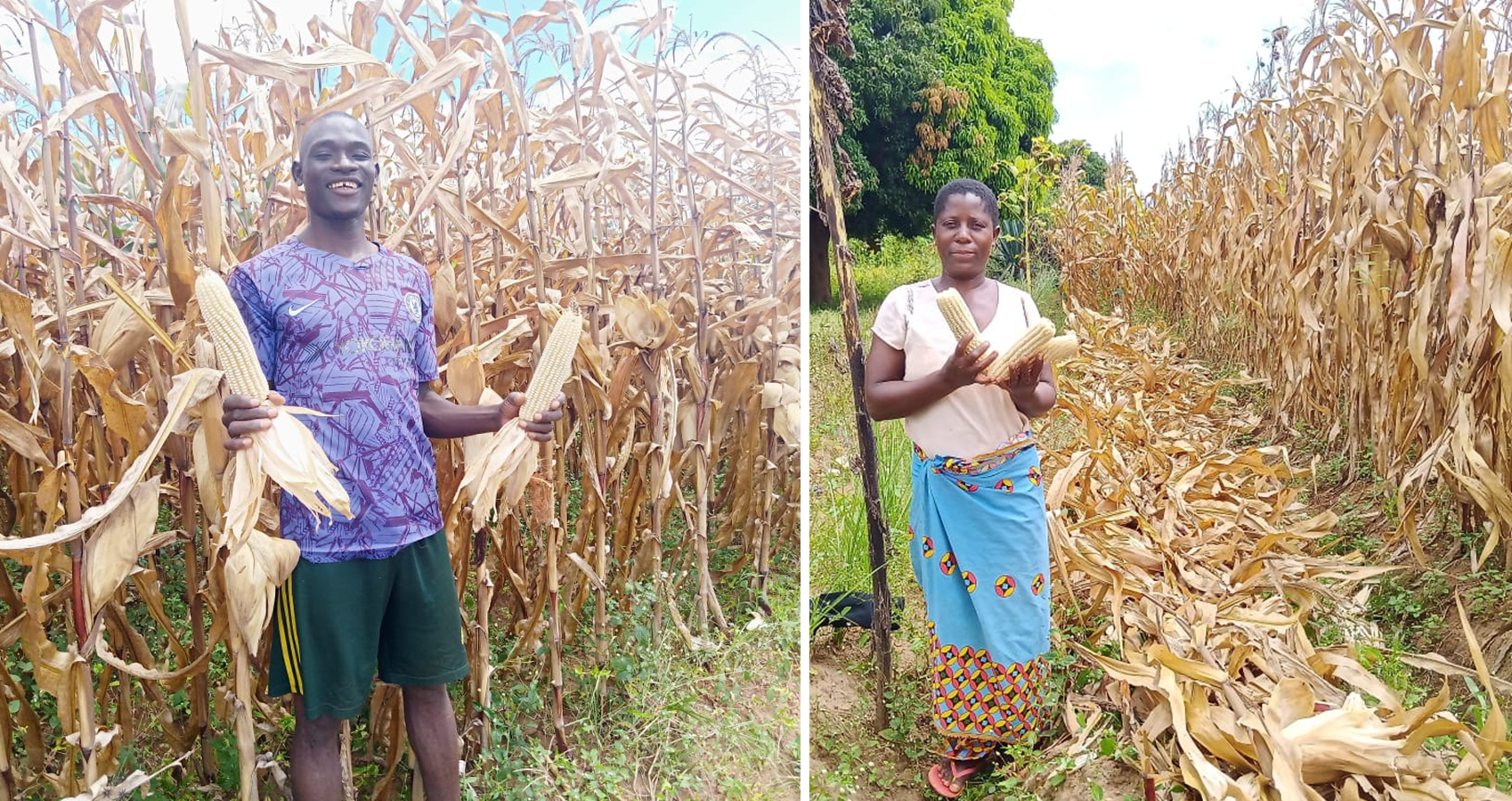
Food security
Our May 2020 study of 560 farmers showed that families using Deep Bed Farming (DBF) consume an extra meal per day compared to farmers growing crops conventionally. Around a quarter of farming households suffered severe food insecurity before practising DBF - and this fell to zero within six years. Food security rose from 15 perent of farmers to 45 percent.
Farming income and profitability
We have ample evidence of a doubling of crop yields. However, when costs are taken into account, the picture changes. Tiyeni's methods are slightly higher than costs under conventional methods in the first year (due to labour costs for breaking up the hard pan and making the Deep Beds) but slightly lower in subsequent years (primarily due to lower fertiliser costs).
In terms of basic profitability (revenues minus costs) our June 2020 report found a nearly ninefold improvement in profitability in the first year versus conventional methods, and a twelvefold improvement when averaged out over five years.
Growth of Deep Bed Farming
Tiyeni only trains farmers as a result of requests from farming communities, who have seen evidence of the success of DBF elsewhere. By June 2020, over 15,000 farmers had been trained by Tiyeni. This is from just 38 farmers trained in 2013.
Farming communities still working with a Tiyeni field officer typically see rapid rises in uptake of the method. In a survey of 309 farmers, three percent said DBF was decreasing, 33 percent said it was static, and 64 percent said it was increasing. Once Tiyeni field staff leave an area there is some abandonment, for a variety of reasons, but retention rates were well above 50 percent: very high in comparison with other technologies.
Sustainable Development Goals
The goals are a universal call to build a better world for people and our planet by 2030. Tiyeni's work makes a key contribution to the three dimensions of sustainable development: economic, social, and environmental. Tiyeni's activities specifically help to solve 7 of the 17 goals:
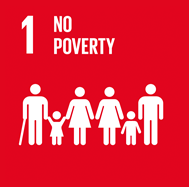
Goal 1 - Farmers are entrepreneurial and many households run a small business such as marketing fruits and vegetables, or selling fish. Deep bed farming reduces farming expenses, frees up farmers time to be spent on other activities and ultimately increases income.
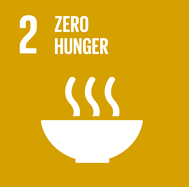
Goal 2 - Tiyeni's projects lead to food security for households with sustainable agriculture that rebuilds Malawi's potentially very fertile soils. Deep Bed farming has the capacity of an instrument to end hunger in Malawi through its high adoption by farmers.
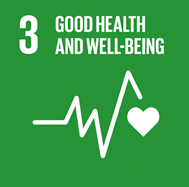
Goal 3 - Better health outcomes are achieved through improved nutrition as a result of improved crop yields in quality and quantity. The health of children in project areas is enhanced and we are working to monitor this closely.

Goal 5 - We encourage females into leadership roles and provide essential farming inputs. Our staff create awareness in communities of the importance of female farmer participation in decision making in agriculture activities.
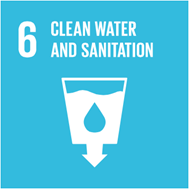
Goal 6 - Tiyeni is now working to improve household water access, as part of our charity package that enables farmers to move from subsistence to business farming.
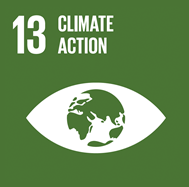
Goal 13 - Tiyeni's methods help farmers deal with the effects of climate change by making crops and soils more resilient, and storing water more effectively. Properly treated soils, and growing of a wider variety of crops, can directly help to mitigate climate change too.

Goal 7 - In addition, Tiyeni's office in Mzuzu is powered by a solar system - utilising affordable, reliable, sustainable and modern energy.